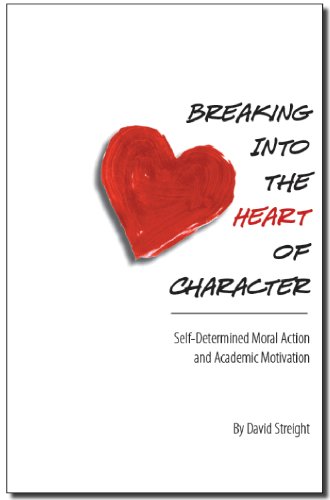
The Moral Life: Obligation and Affirmation examines moral thought and behavior over the centuries. In this book, Moyers carefully considers the notion of morals from different perspectives, both past and present. Philosopher Friedrich Nietzsche states that everything, including morals, is a matter of interpretation. If this conclusion is justified, then even Nietzsche’s statement is an interpretation. Morals, in an absolute sense, do not fall from the sky nor do they rise to the level of unconditional rules based purely on objective reasoning. This book explores moral thought in light of Nietzsche’s declaration that ethical thinking is open to different interpretations. If everything is a matter of interpretation and morality is not written in stone, then how should we live? Is there a universal set of moral principles that can guide human thought and action? The Moral Life explores the answers to these monumental questions and ultimately proposes that morality is not reducible to universal rules one has to follow. Instead, morality may be better understood in a twofold fashion. First, morality is often a matter of obligation that imposes itself upon us. As contemporary philosopher John D. Caputo says, “Obligation happens.” It falls upon us. We can only try to respond and be responsible. However, one can resist the call of obligation. Still, the moral life consists in part as obligations to other people, to ourselves, to animals, and to the world in which we live. Second, morality is a matter of affirming life. One has the opportunity to improve oneself and as a result help others. We can try to transform ourselves according to who we wish to become. Alternatively, we may reach out to others not from a sense of obligation but from our sincere desire to help others. In short, the moral life is a responsible life where a moral person strives to lend assistance to those in need.


